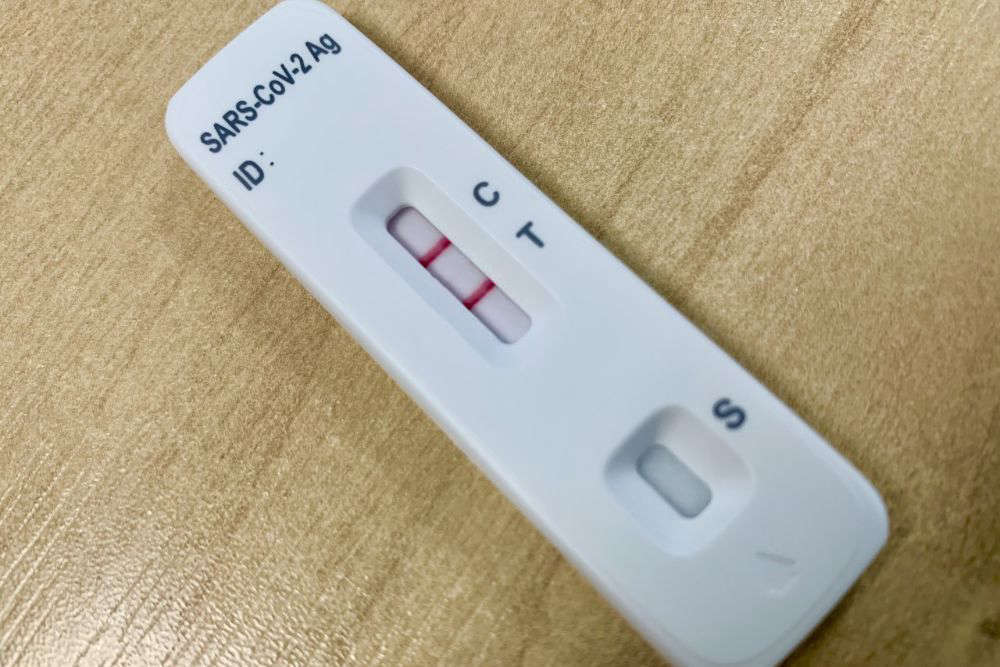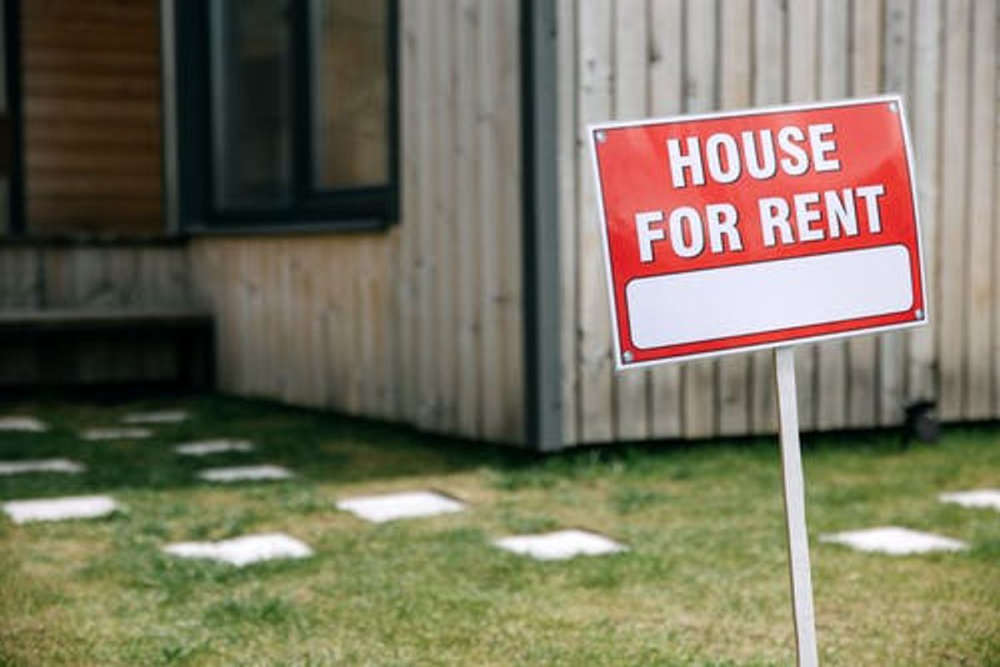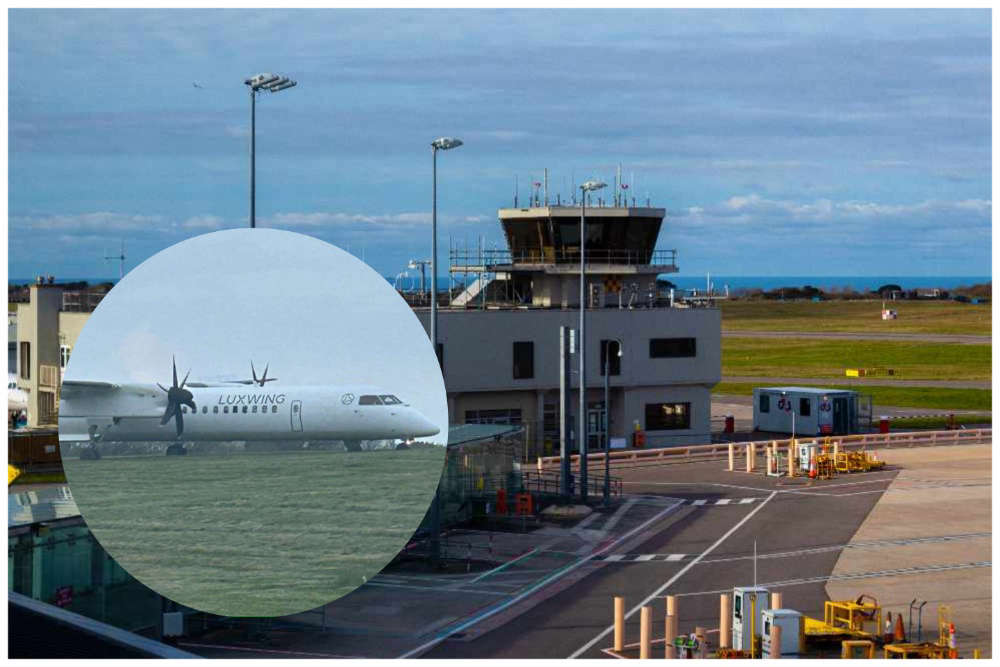
Rules requiring islanders who test positive for Covid-19 to self-isolate will remain in place until the end of April.
They were previously due to be scrapped 'before the end of March'.
Ministers have made the decision to extend the restrictions as infection and hospitalisation rates have increased since their previous plans were announced in January.
Dr Ivan Muscat, Jersey's Deputy Medical Officer of Health, says the rise is down to a more transmissible Omicron sub-variant - BA.2 - being identified, as well as more people catching Covid-19 as restrictions are relaxed.
"We are seeing the increase of infection rates due to the new more transmissible BA.2 variant coinciding with our measured de-escalation.
This unforeseen highly transmissible variant – which is now the predominant strain in both Jersey, the UK and many other jurisdictions – is not more virulent but does require a modification to the planned rate of de-escalation to ensure that we remain in control of events.
We must ensure we do not have a spike in severe disease which could cause not only more admissions but also a significant attrition of our workforce - both within health care settings and outside."
 Jersey's Deputy Medical Officer of Health, Dr Ivan Muscat
Jersey's Deputy Medical Officer of Health, Dr Ivan Muscat
The government says its 'strategy to de-escalate remains' in place, but the 'unforeseen' sub-variant means they need to make the changes more slowly than originally planned.
Dr Muscat says it will allow time to monitor infection rates and for islanders at risk to get a booster dose of the vaccine.
"The decision to extend the mandatory isolation requirement will allow our Spring Booster component of the Vaccination Programme to make significant inroads towards completion of vaccinating those who are most at risk of being very unwell with COVID.
This extra month will also better permit those who have not yet completed their vaccination schedule to do so – in particular, it is very important that those over 50 who have not had their second or third doses to do so as soon as possible.
Although reducing risk through vaccination is the mainstay of our battle against COVID, the extra month will also allow for the further maturation of our anti-viral programme for at-risk Islanders. This too will have a beneficial impact on severe infection and hospital admissions."
Jersey's Health Minister, Deputy Richard Renouf, says the government's response to the new sub-variant needs to be 'proportionate' as Ministers don't want to impose unnecessary legal restrictions; however, the rising infection rates mean it would be 'prudent' to extend the requirement to self-isolate for an extra month.
“Cases of COVID-19 have continued to rise in many jurisdictions as legal requirements have been removed, and Ministers continue to remain cautious about Jersey’s position.
COVID-19 remains an unpredictable virus, so the extension will allow Ministers to form a better understanding of the data in the context of de-escalation both locally and globally.
The extension will also bring us closer to the arrival of warmer weather, which will see more people start to gather outside and allow ventilation and fresh air into their homes."


 Corbiere will stay lit for two more weeks
Corbiere will stay lit for two more weeks
 Jersey government reveals new plans to make schools more inclusive
Jersey government reveals new plans to make schools more inclusive
 Marathon-running Jersey DJ raises £12k for cancer charity
Marathon-running Jersey DJ raises £12k for cancer charity
 Texas and Tom Grennan to headline Weekender in a new location
Texas and Tom Grennan to headline Weekender in a new location
 New tenancy law 'could help keep young islanders in Jersey'
New tenancy law 'could help keep young islanders in Jersey'
 Brittany Ferries tests Barfleur in Guernsey and announces discounted fares
Brittany Ferries tests Barfleur in Guernsey and announces discounted fares
 DFDS reveals plans for hybrid electric ferry for Channel Islands
DFDS reveals plans for hybrid electric ferry for Channel Islands
 Air Accident Investigators head to Guernsey after Aurigny aircraft overshoots the runway
Air Accident Investigators head to Guernsey after Aurigny aircraft overshoots the runway